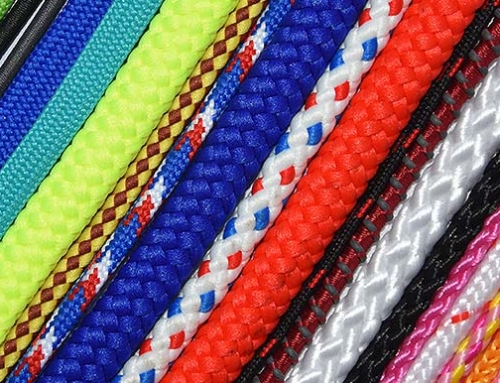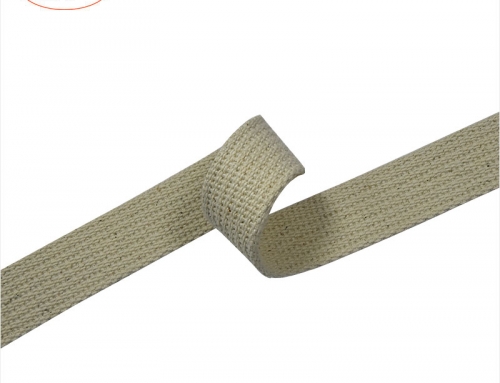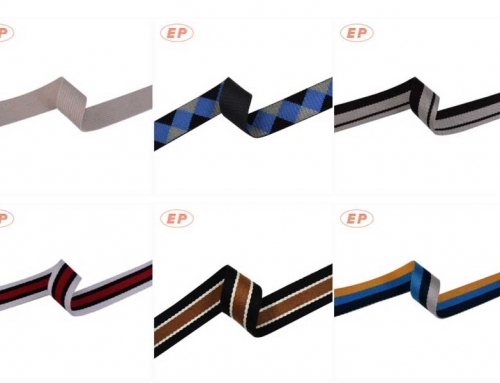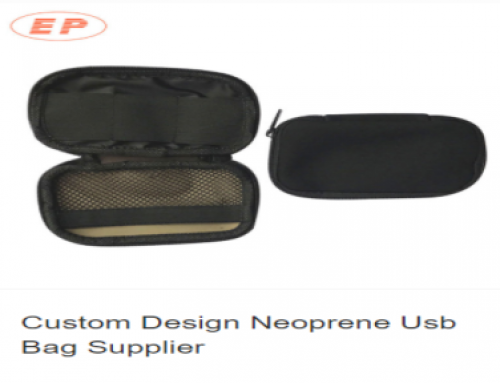Nylon Webbing
Nylon Webbing is a strong and durable type of webbing, commonly used in making sports products, pet leashes and collars, luggage straps, and safety belts. Nylon webbing is great for high abrasion applications. It is not recommended to use in or around water continuously because it absorbs water quickly, causing mildew and rot if not taken care of. Nylon webbing will also stretch up to 2% of its length when the webbing is saturated.
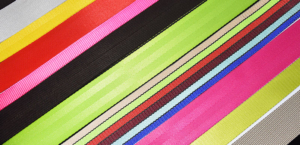
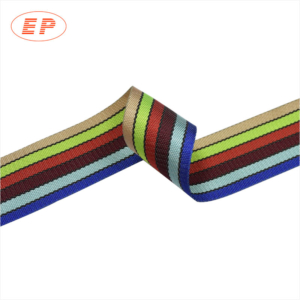 |
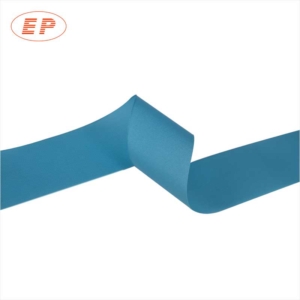 |
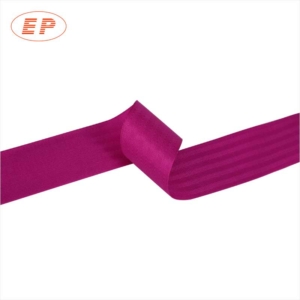 |
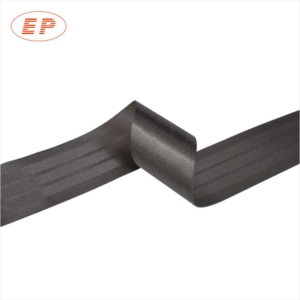 |
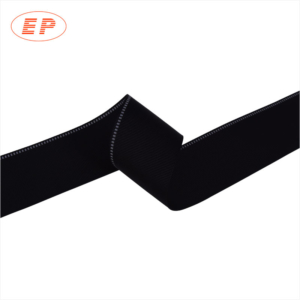 |
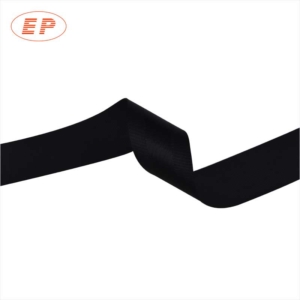 |
About nylon materials
- Machine Washable (but dry on low heat only)
- Tensile strength depends on width and thickness (Light, Heavy, Heavy Plus, or Super Heavy)
- High strength to weight ratio
- Low stretch
- Does not degrade in sunlight
Polyester webbing
Polyester webbing is one of the most popular types of webbing that many industries use. Perhaps the reason for this is because polyester webbing has a variety of benefits over some other types of webbing. Some of the practical applications of this type of webbing include in the making of pet equipment like leashes, the making of various sporting goods and the making of various outdoor goods, handbags, luggage, military equipment and medical equipment.
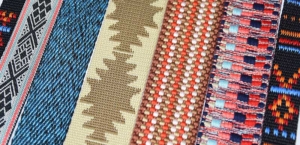
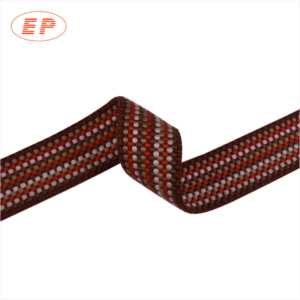 |
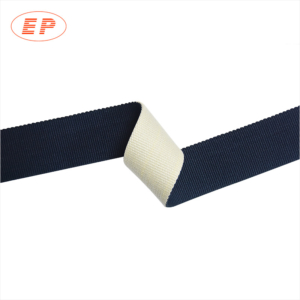 |
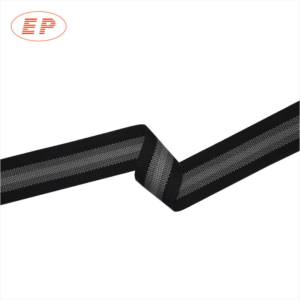 |
About polyester materials
- High Strength
- Low Water Absorption
- Abrasion Resistance
- Soft Touch
- Cost Effective
Nylon webbing vs. Polyester webbing
Nylon and polyester are very similar materials. Of the two materials, nylon is the stronger, and it is more stretchable than polyester is. This stretch-ability occurs because nylon absorbs a small amount of water while polyester does not absorb any. Because of the water absorption, nylon does not hold dye well, and it tends to fade quickly when exposed to the sun whereas dyes bond strongly to polyester and are unaffected by UV radiation. This also means that nylon takes longer to dry than polyester does.
The durability, mold resistance and ease of cleaning is so close between these two fabrics. However, Polyester is recommended for outdoor because it holds color longer, and it resists piling, which causes the fabric to fray at the seams. Also, nylon may stretch after several cycles of hot sunlight, requiring additional filling.

